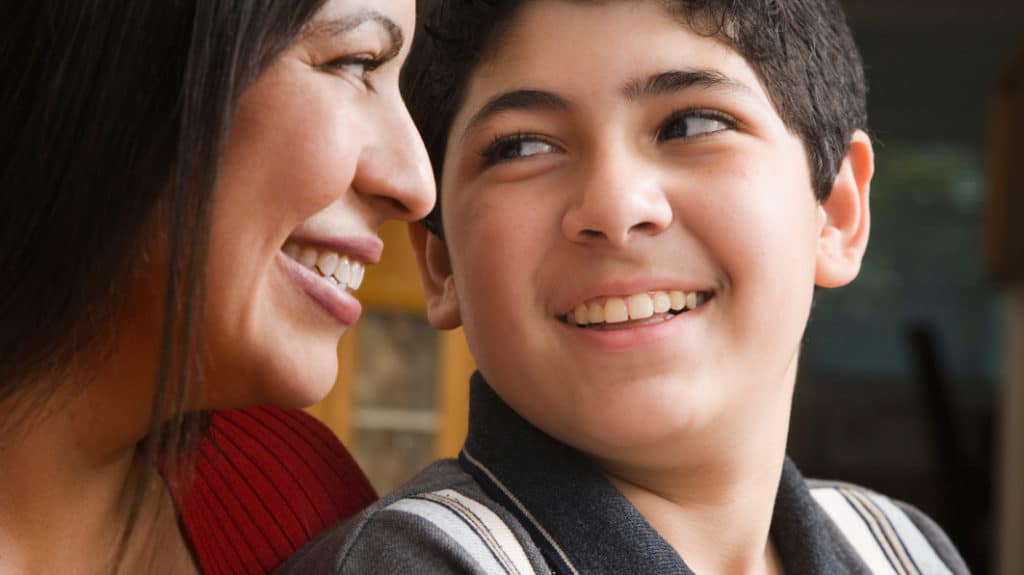
How To Explain LGBT Pronoun Usage To Your Kids
Learn how to address and answer your child’s questions about LGBT pronoun usage. Then, cultivate healthy conversations about how to equip your children to communicate using love, care, and compassion.

Equip your kids amid the cultural messages about sexuality.
I remember the look in his eyes like it was yesterday. My sweet tween boy was channel surfing and paused when he saw a barely-dressed rock star. She moved close to the camera with what I call the “porn-look” in her eyes. Gone were the preschool days of innocence; my son had awakened to the allure of the female body.
Moms have been emailing me about similar experiences as their sons view the hyper-sexualized advertising of a hamburger chain. And moms have been writing to discuss their 10-year-old daughters’ desire to wear padded bras. At some point, it’s obvious to a mom that her child’s sexuality has been awakened. The great mystery of guy-girl relationships has begun in these children’s lives and will hopefully lead to a marriage full of passion and faithfulness rather than the shallow meaninglessness of an early sexual debut. Until the day our kids commit to marriage, what’s a mom to do?
First, make sure you give your children an understanding of sexuality by age 10. By explaining the basic mechanics, you set yourself up as the expert on the topic. A great deal of value formation occurs between the eighth and 10th year of life — be sure to plant the values of purity and faithfulness during these years.
Second, use those awakening moments in your children to begin an ongoing conversation about sexuality. While the knee-jerk reaction is to be negative or to simply shield your kids, these reactions will only serve to cloak sexuality in shame. Positive parenting messages are more effective, so talk to your sons and daughters about what they’ve just seen or may be interested in.
Third, take inventory of how you’re modeling healthy sexuality for your kids. Children imitate and identify with their parents in a powerful way. Not just girls, but boys, too. How do you think it impacts children when they notice their mother dressing suggestively or when she watches inappropriate television and movies? It’s difficult to raise children to be free from sexual heartbreak if mothers are not modeling purity.
The day my son found that video on television, I counted to 10 before I responded. I sensed it was better to acknowledge the sexual awakening that was happening than encourage a lifetime of shame by ignoring his interest.
“Hey, buddy,” I said softly. “What do you think of her?”
He thought carefully and then said the most profound thing: “I think she wants to be beautiful, but she’s very confused.”
I turned off the television. Then, I asked what other great thoughts he was thinking. Thus began an ongoing conversation that has lasted into his young adult years.
Dannah Gresh is the author of Six Ways to Keep the “Little” in Your Girl and Six Ways to Keep the “Good” in Your Boy.